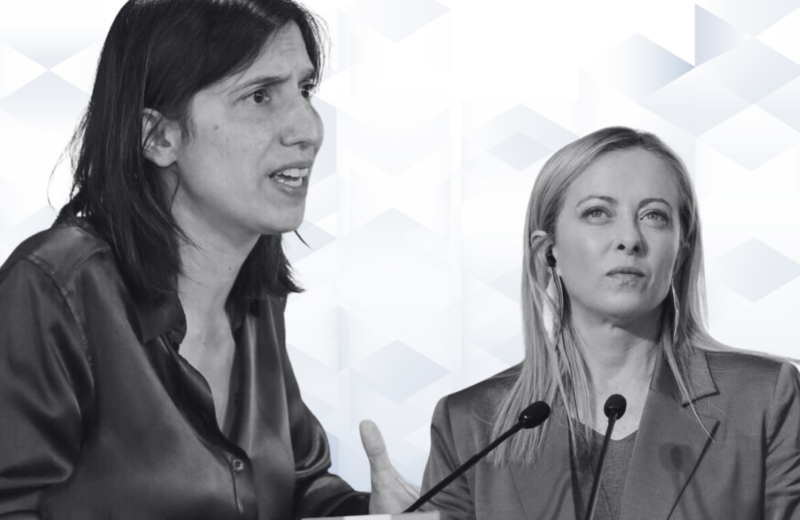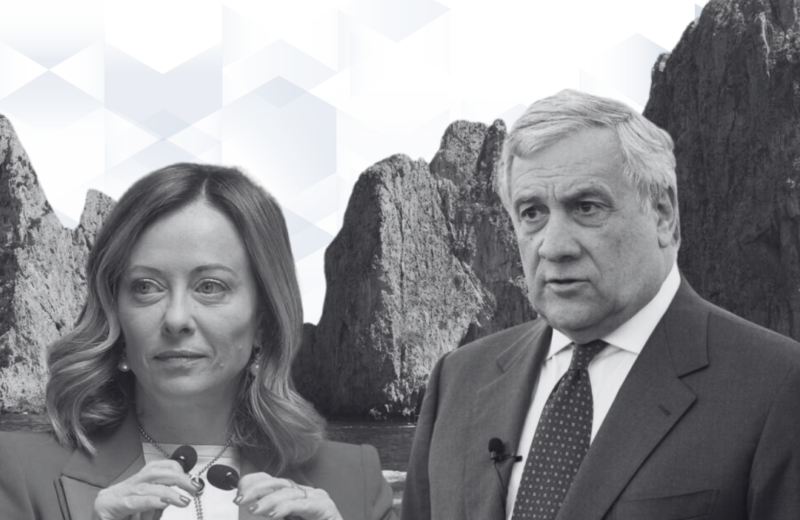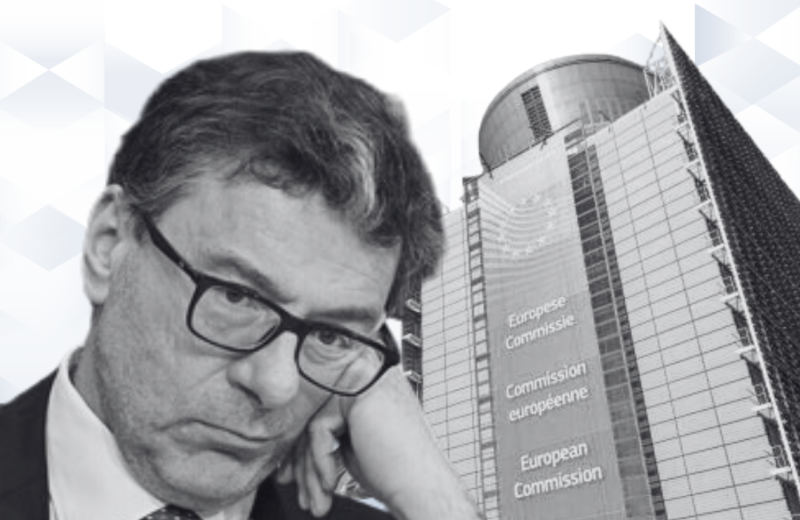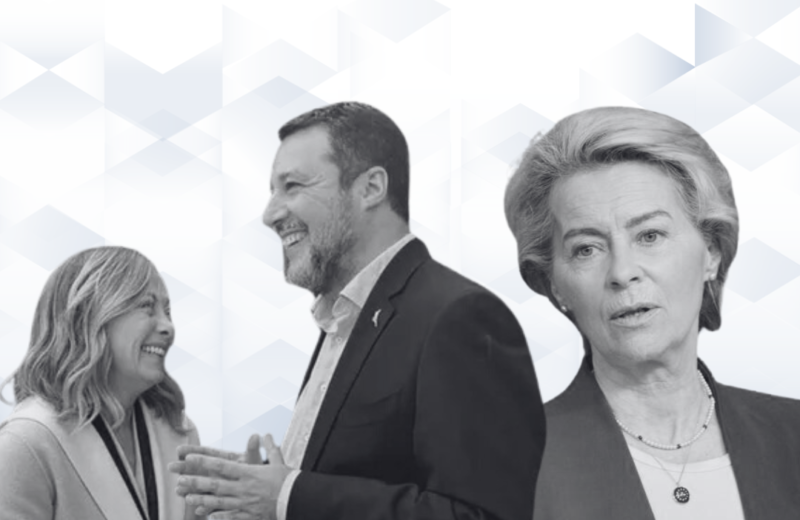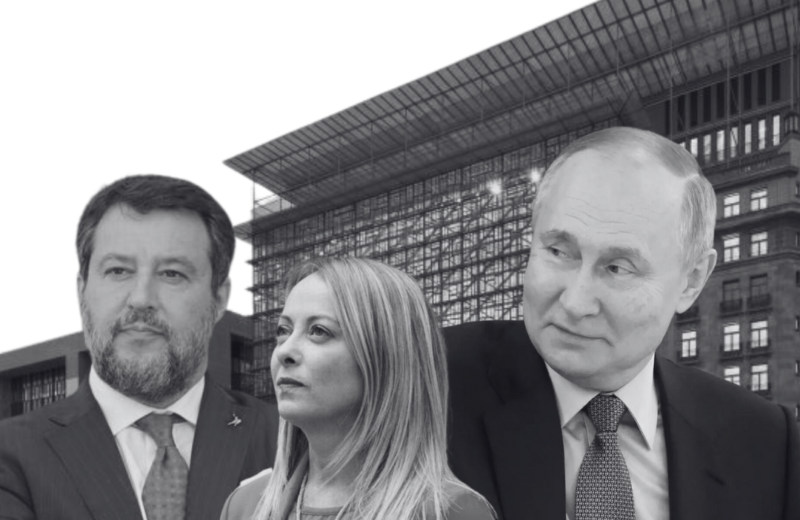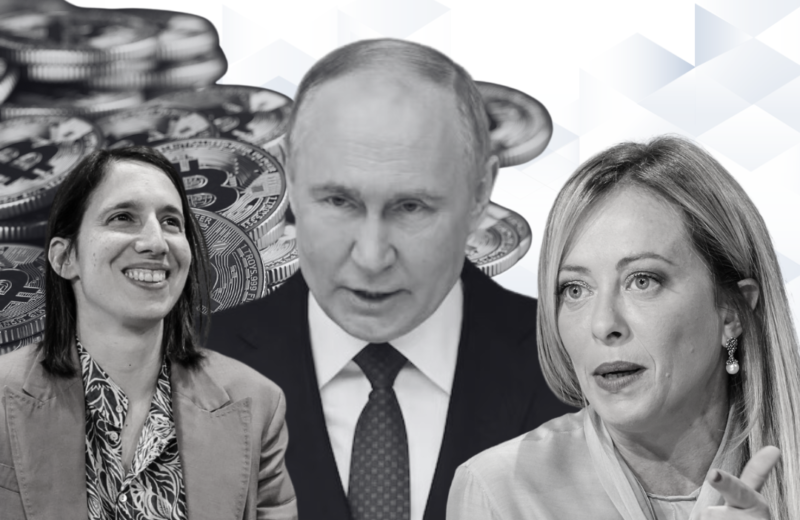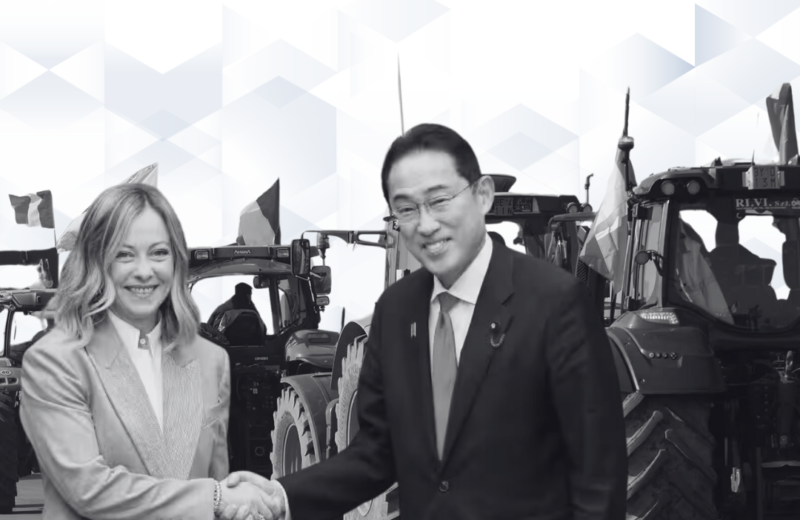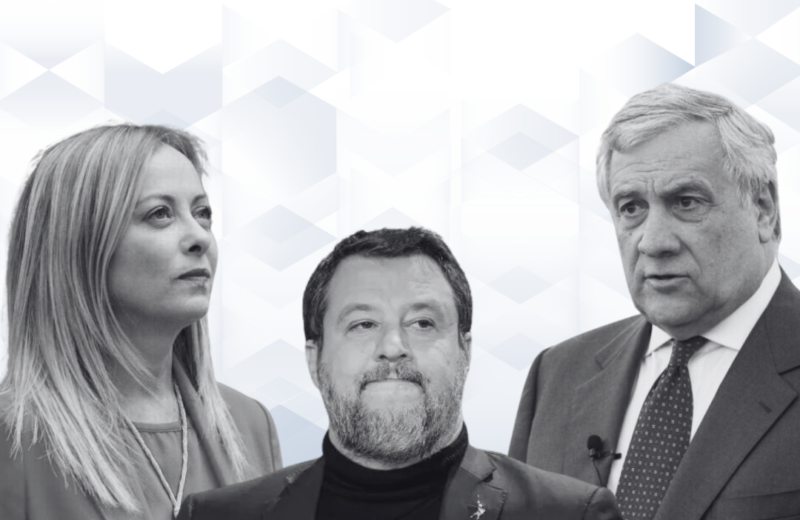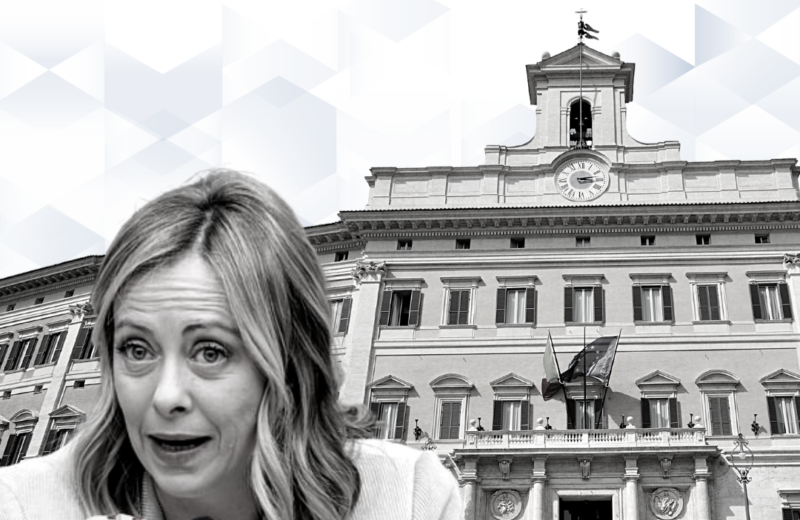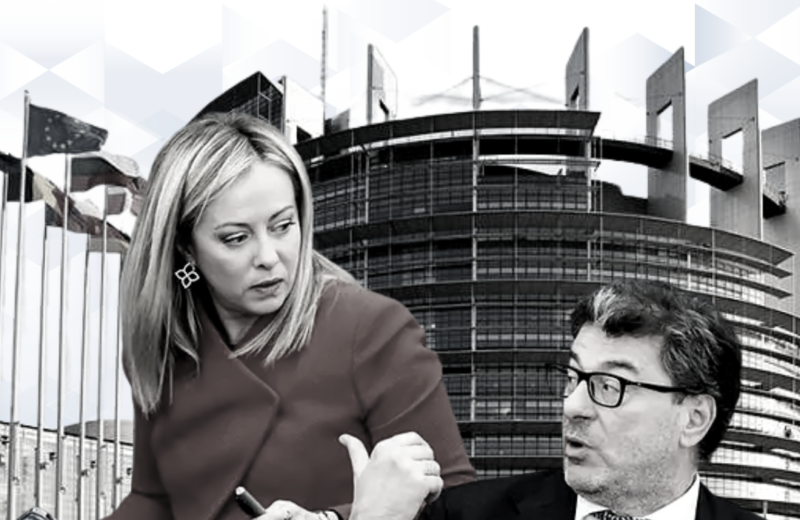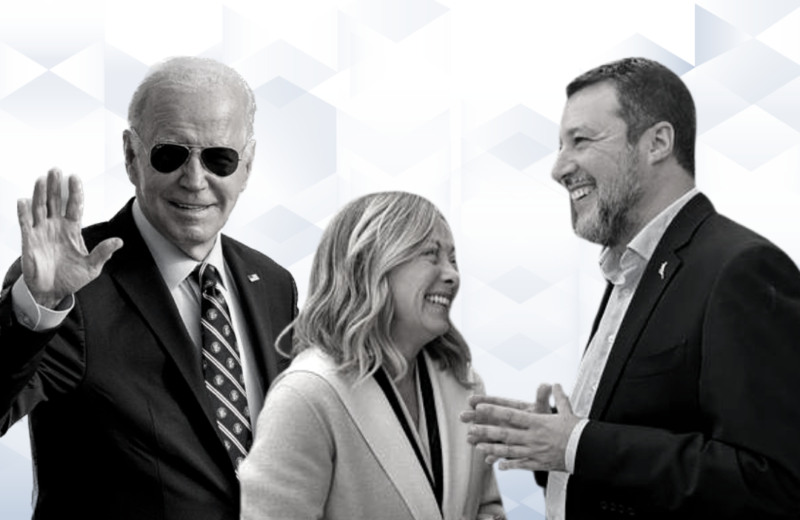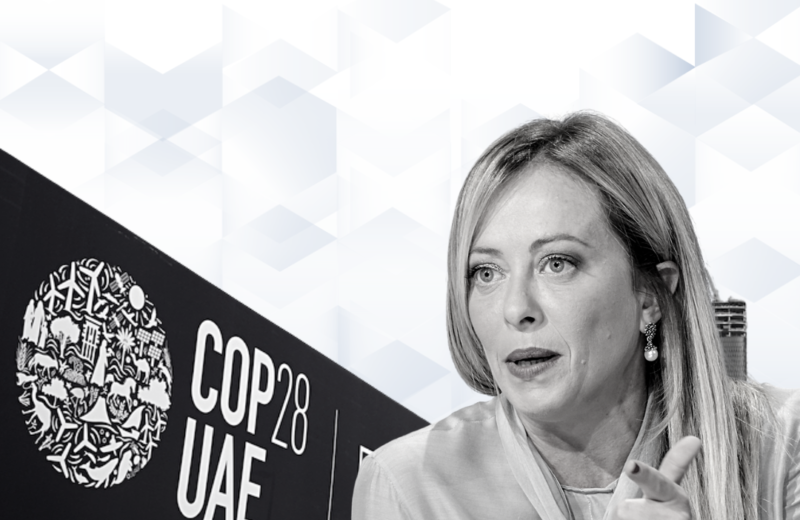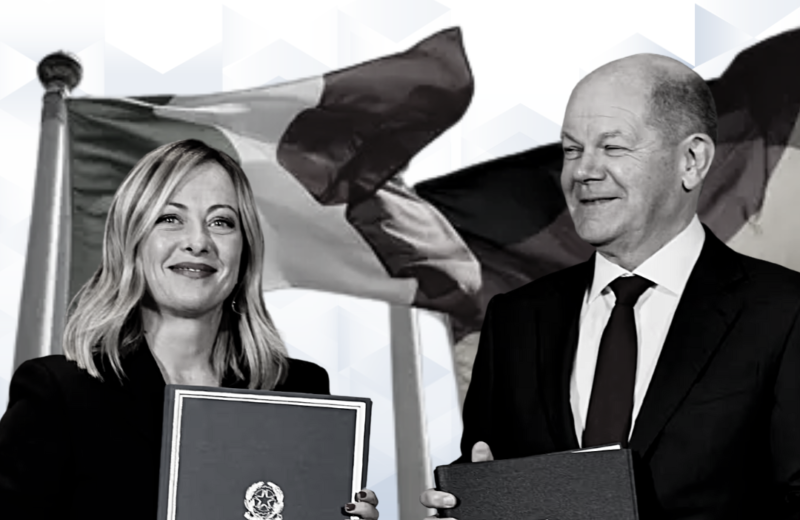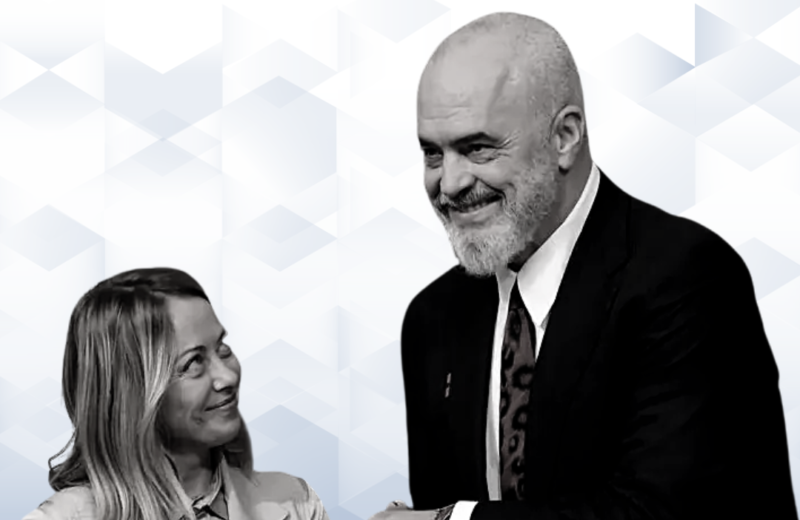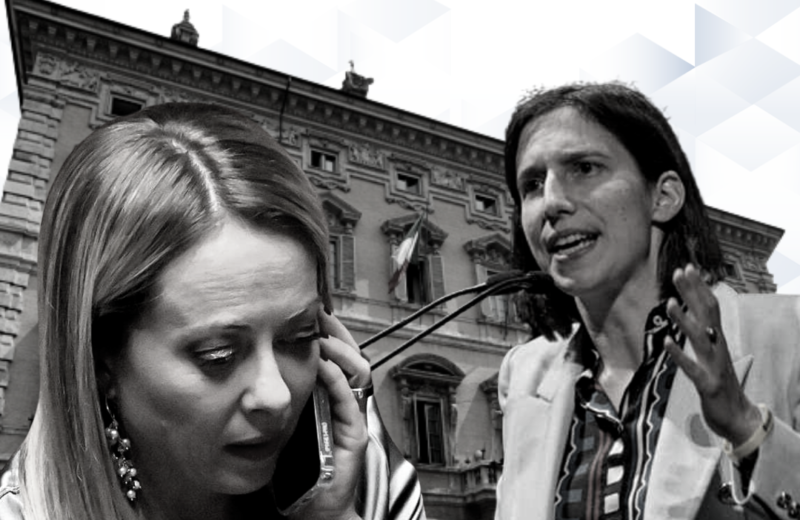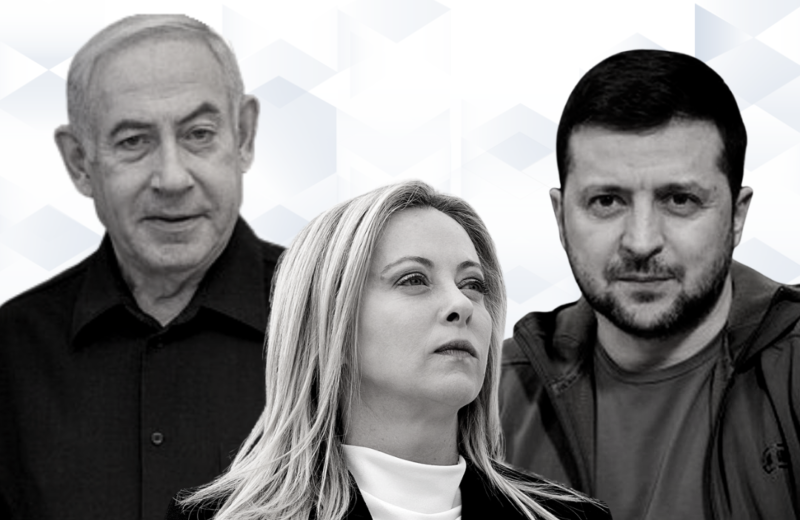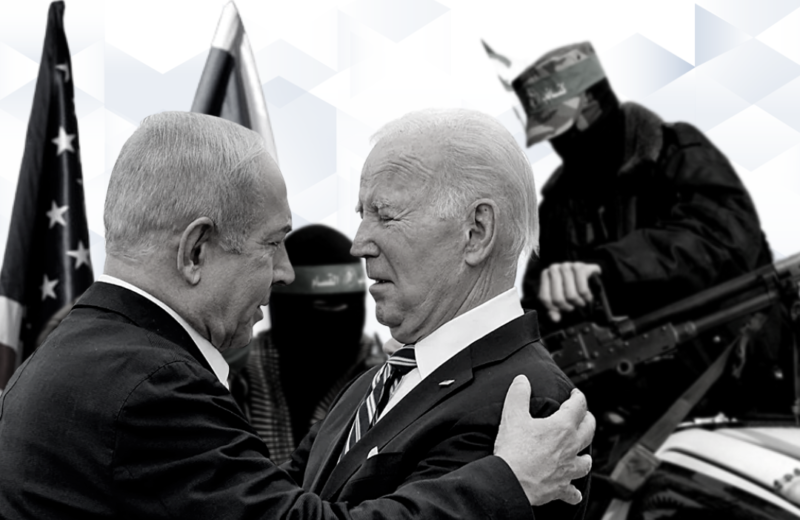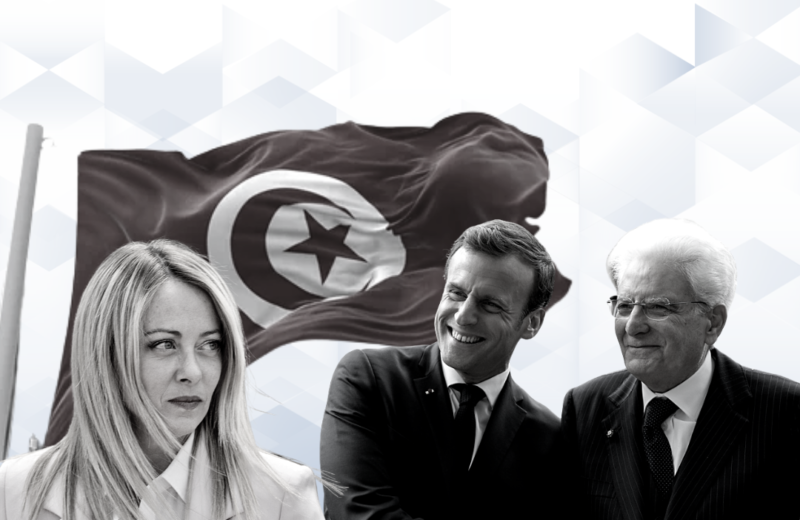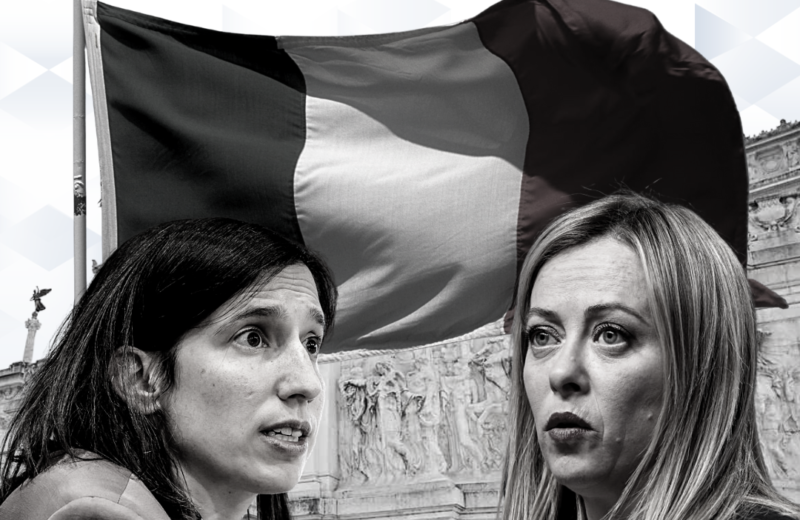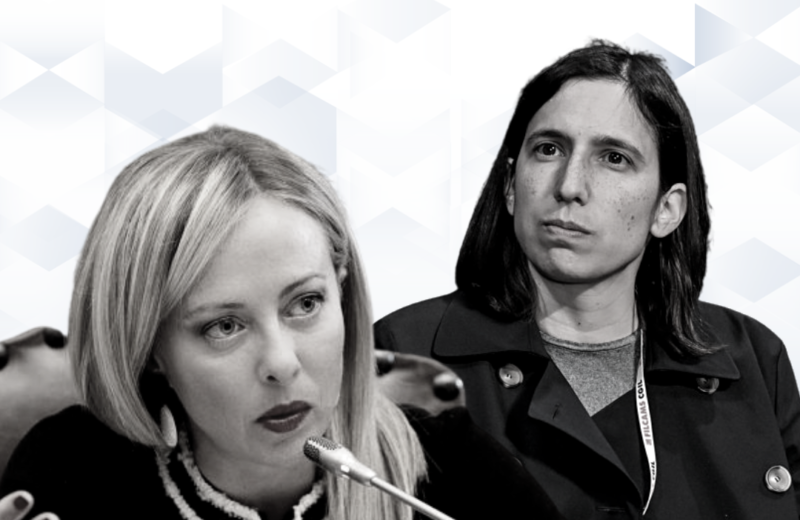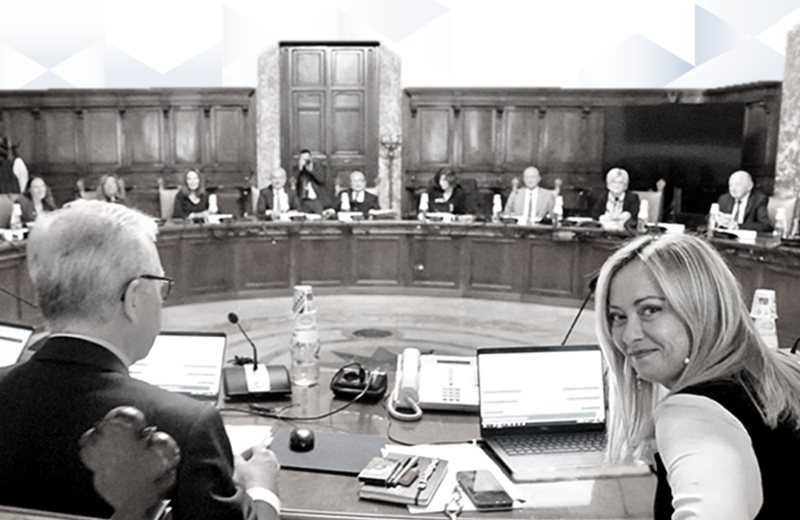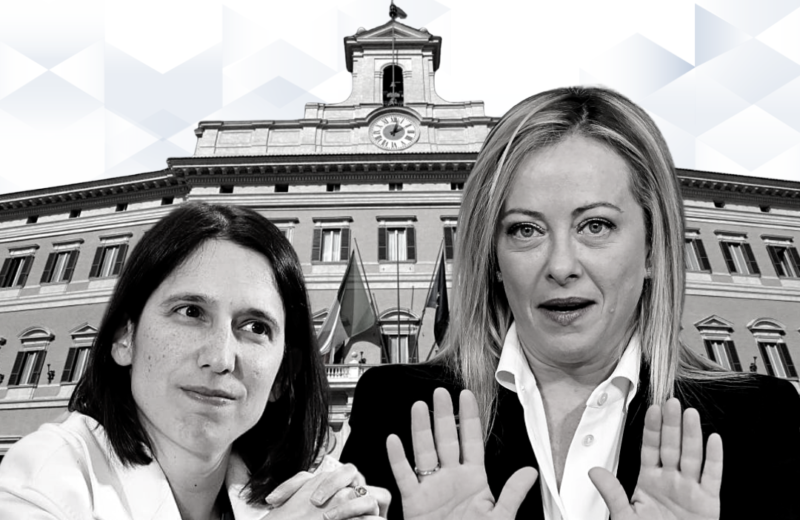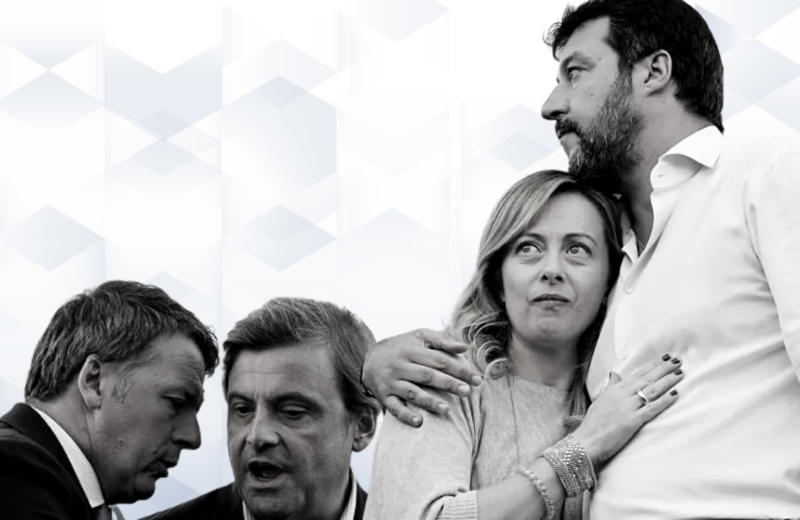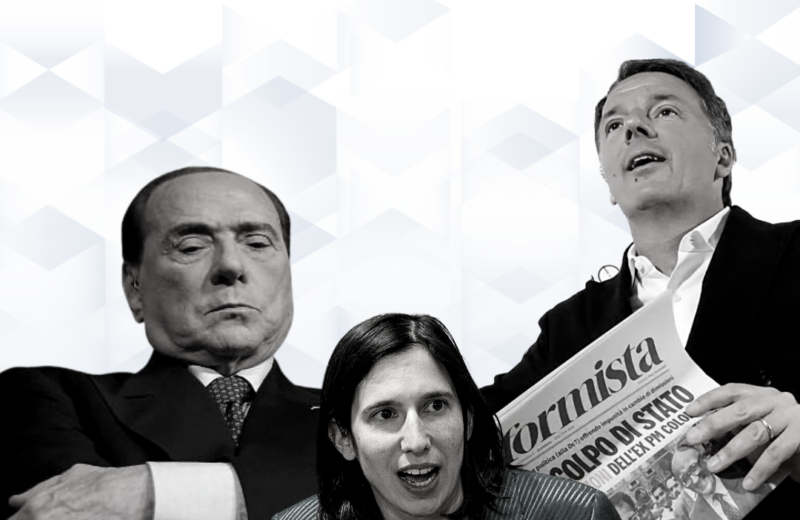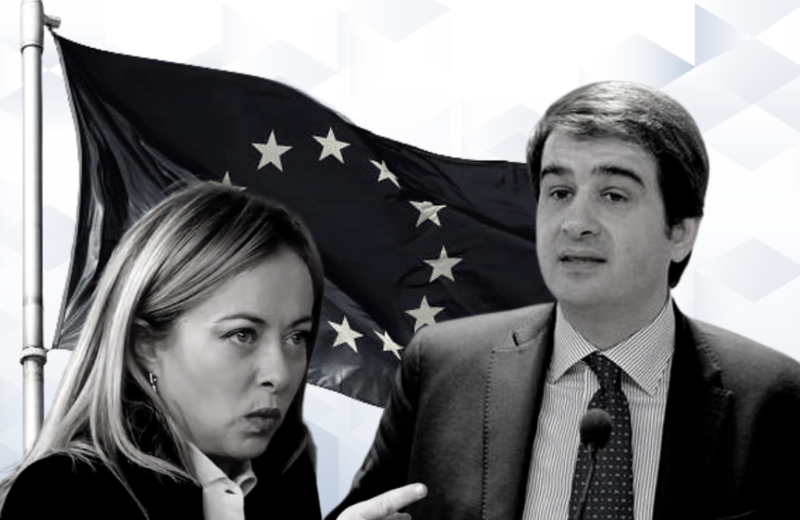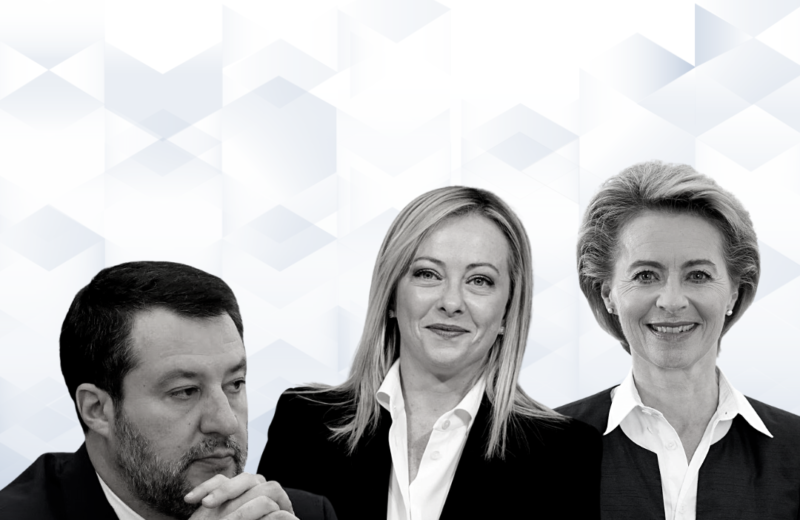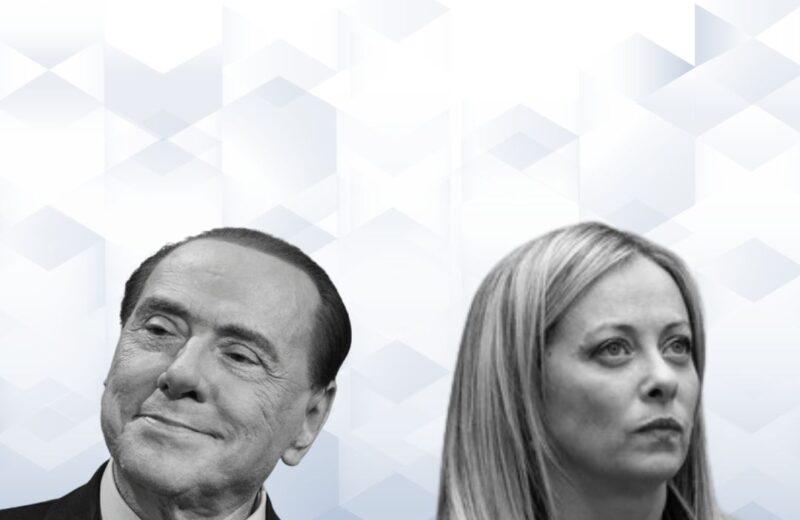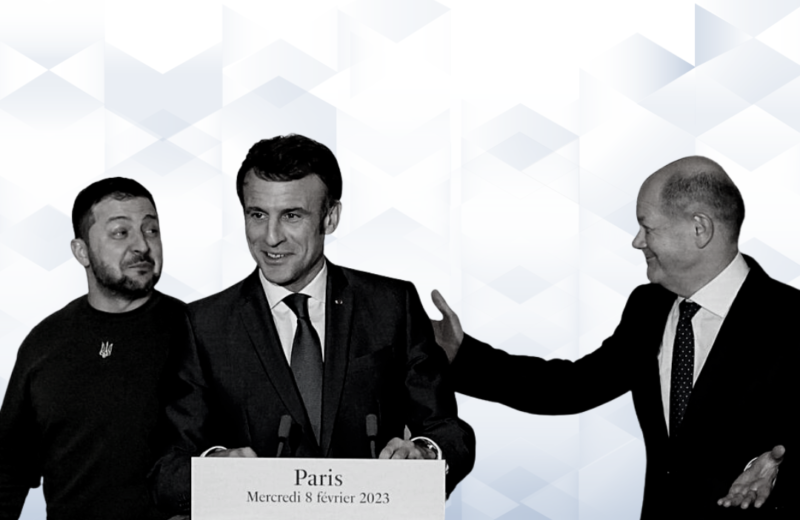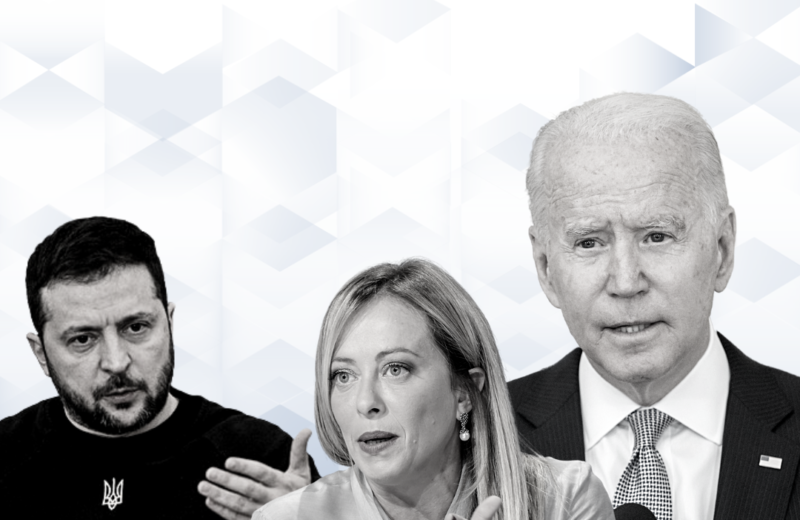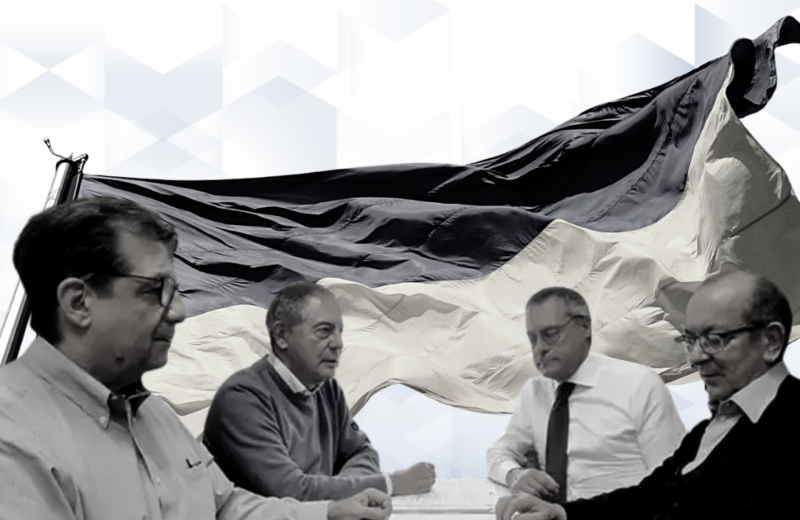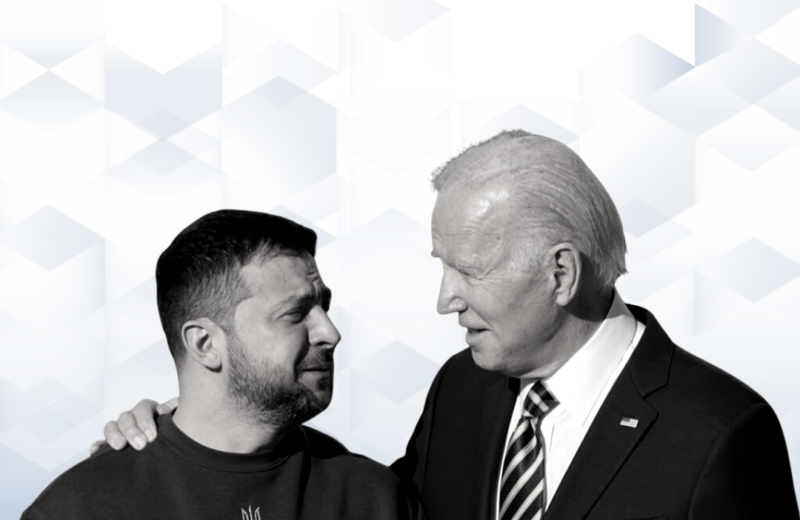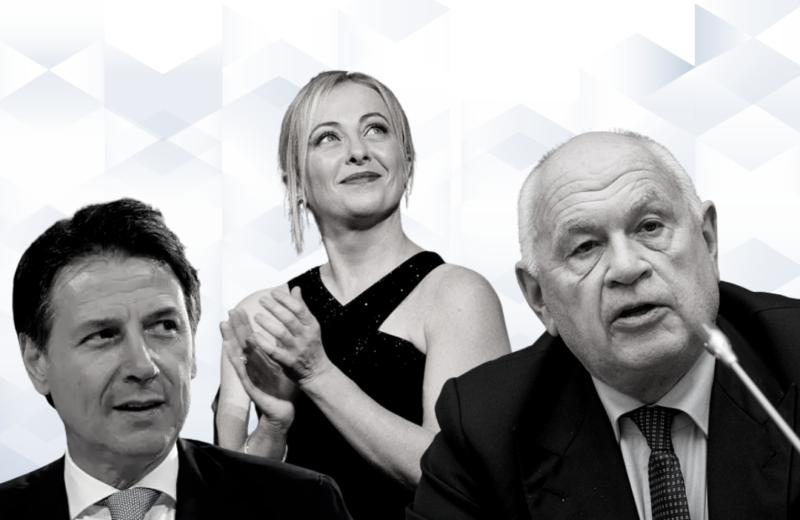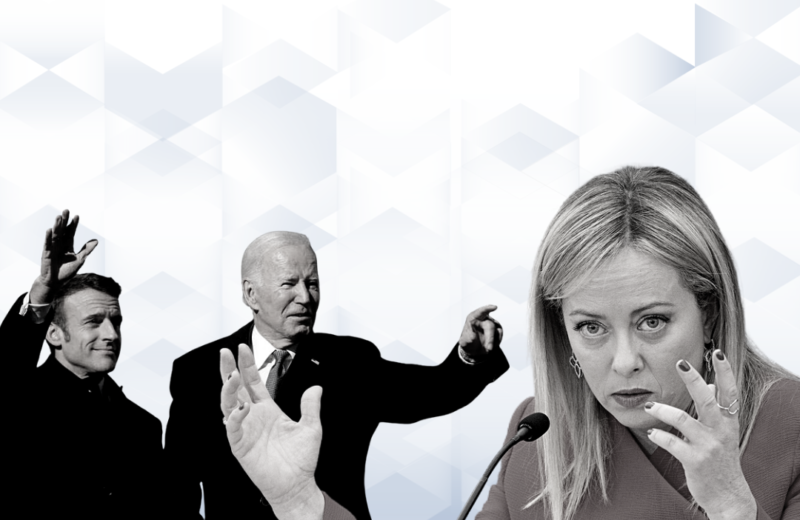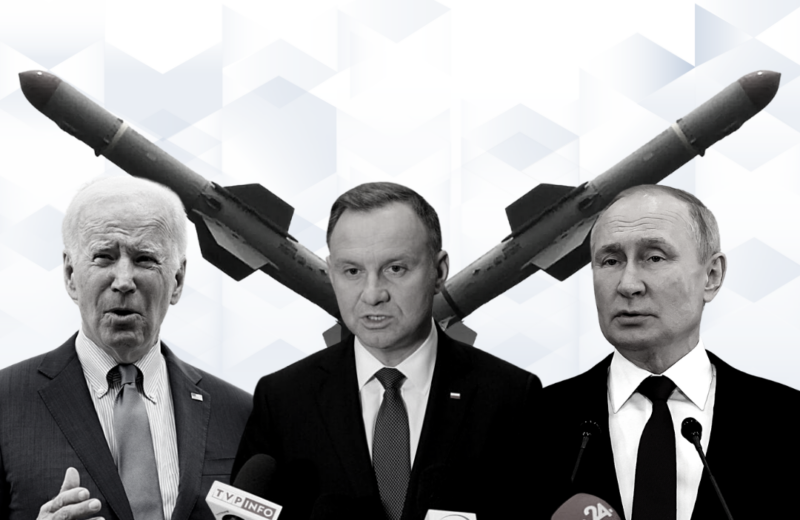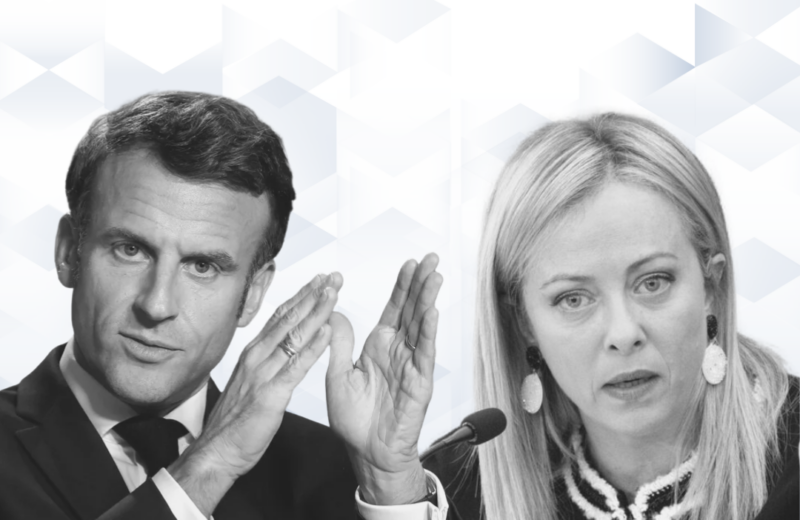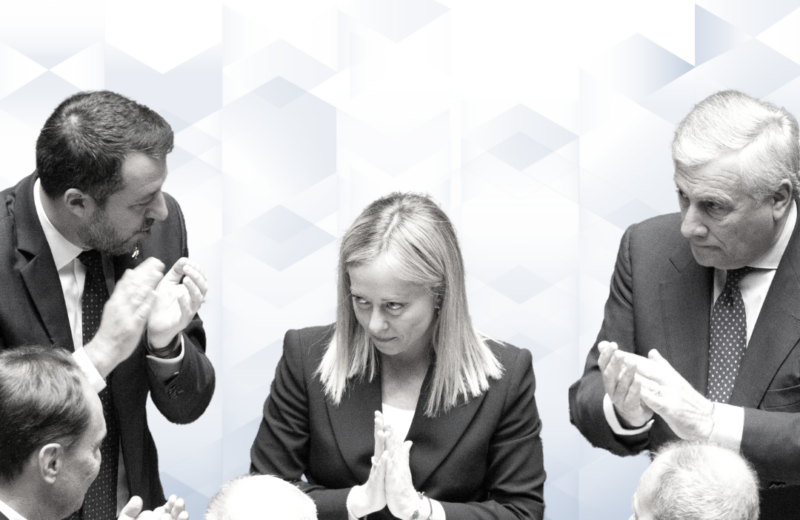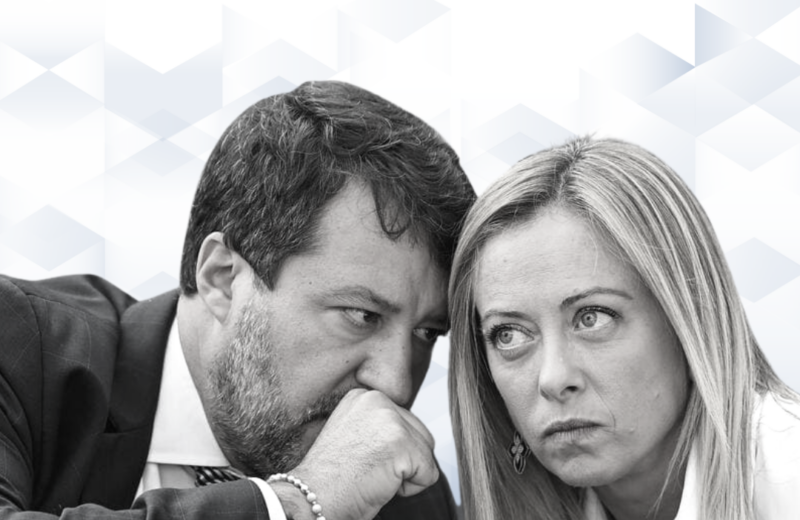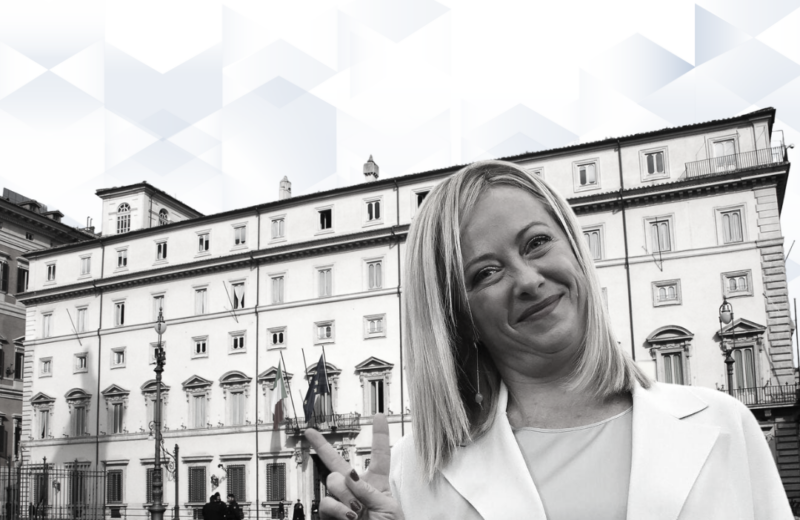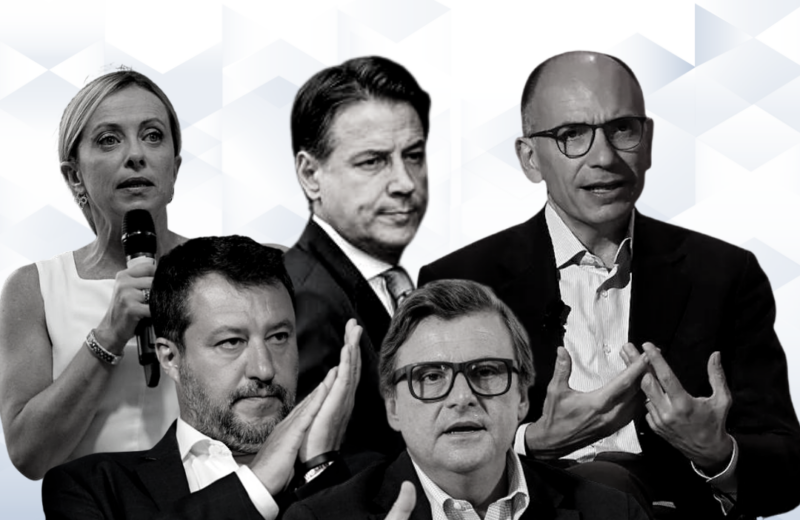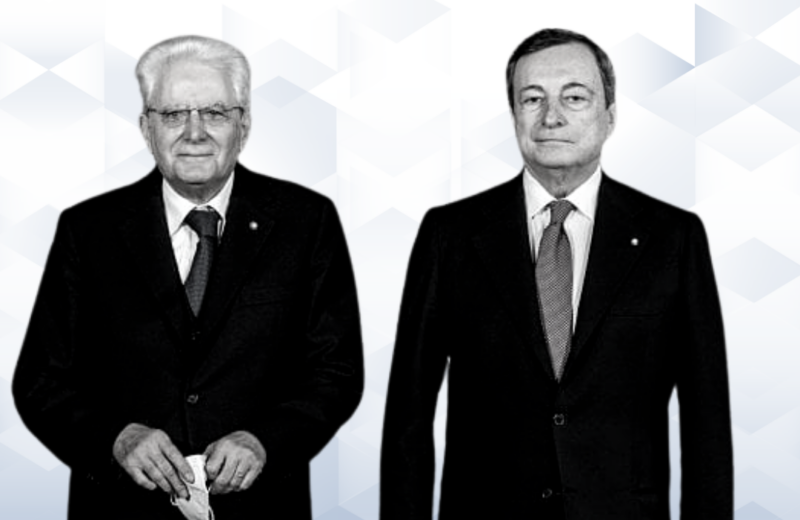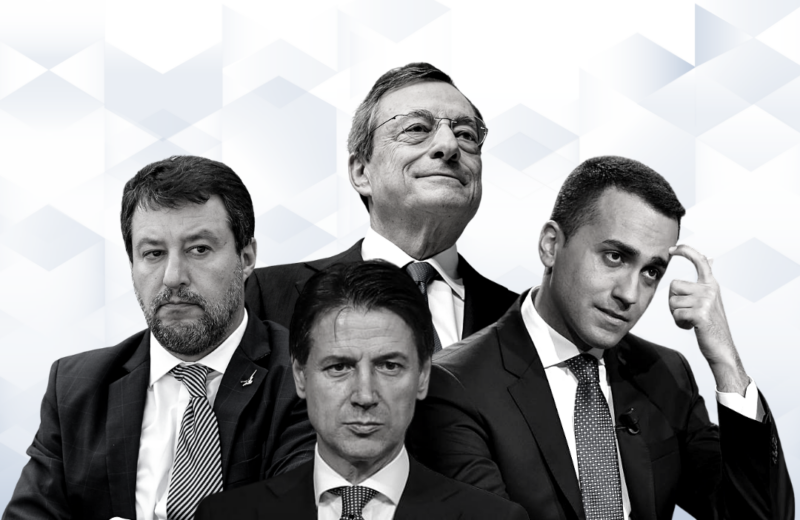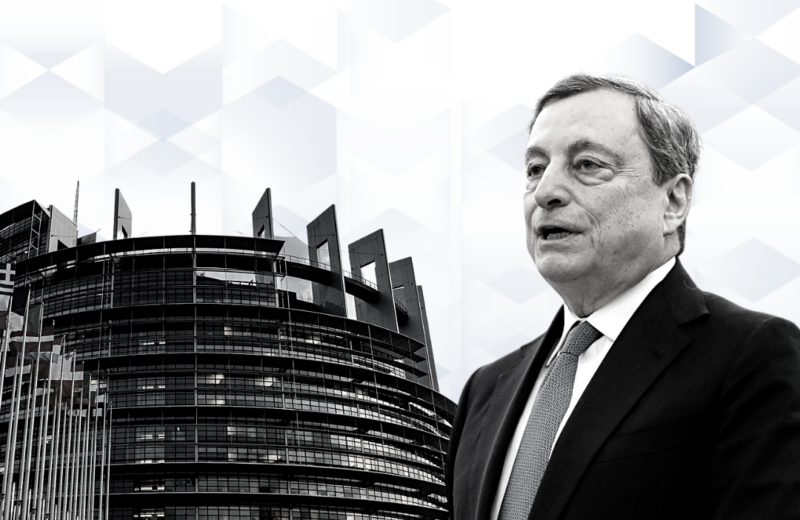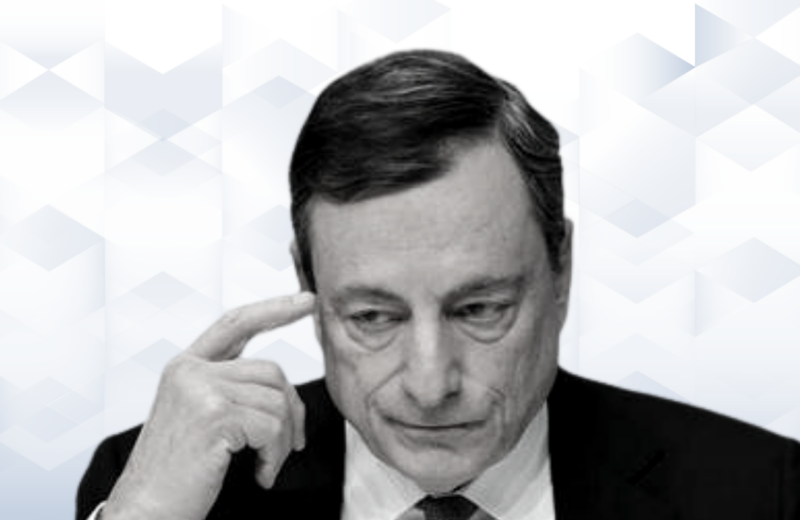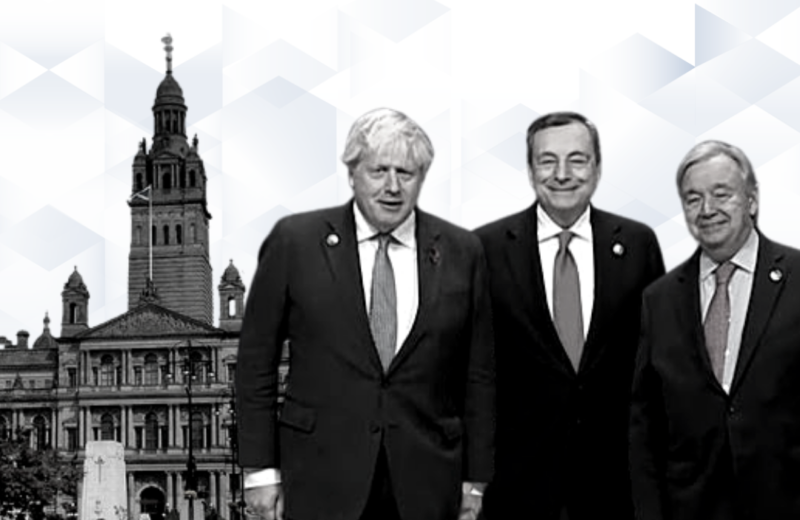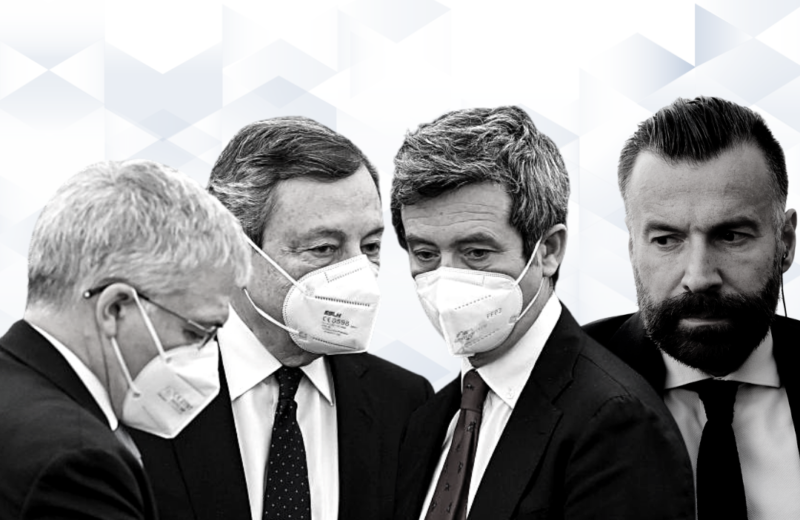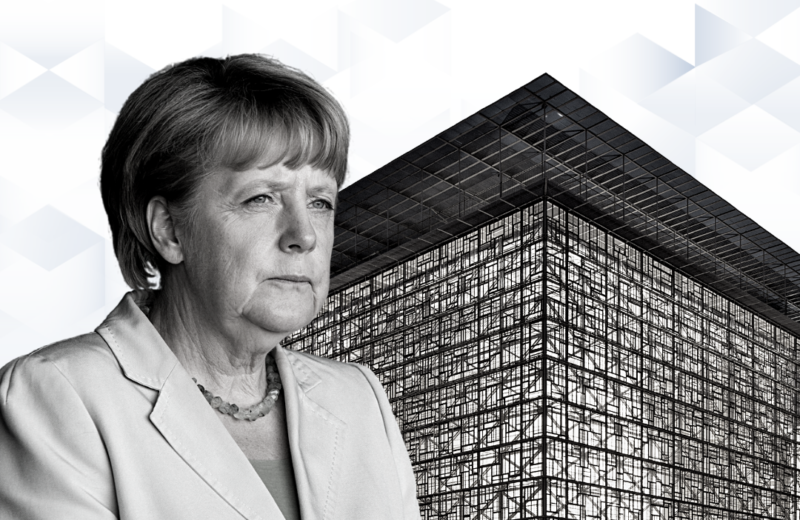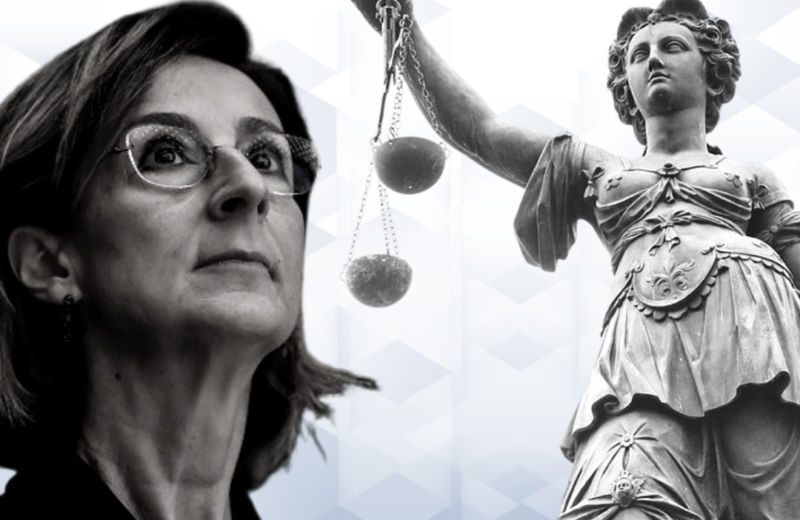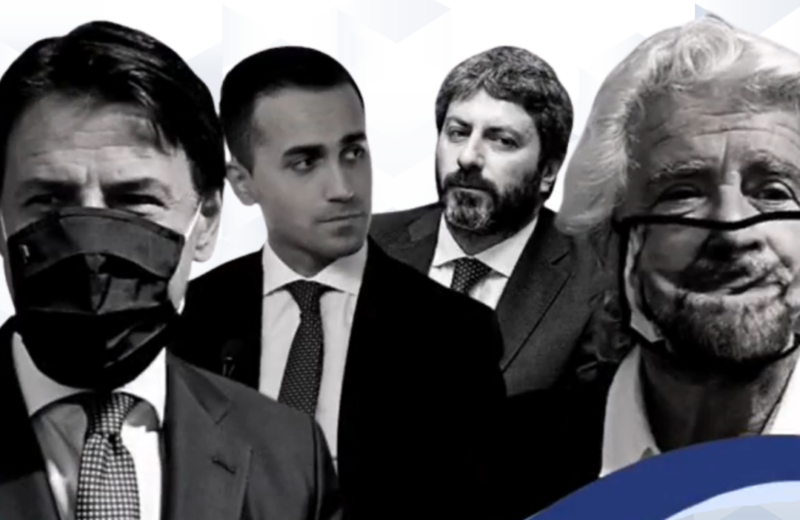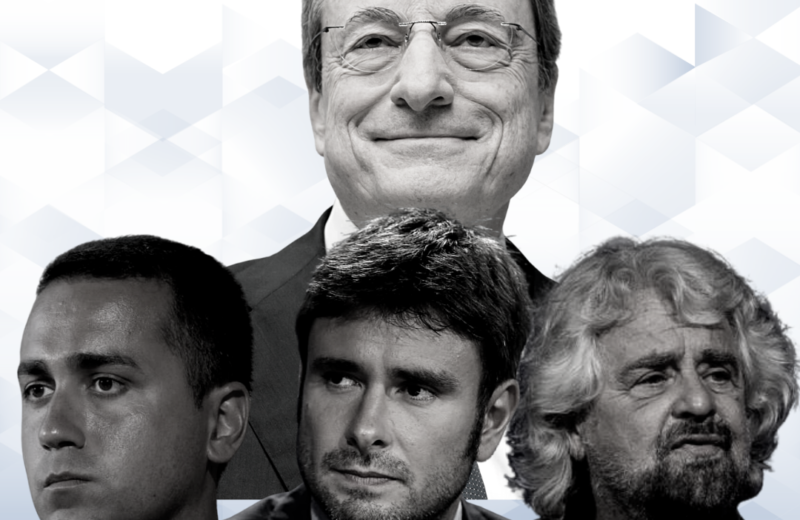In the name of Berlusconi
This past week is destined to leave its mark on Italian history and politics. The death of Silvio Berlusconi, as was predictable, has disrupted the institutional agenda. The work of Parliament and the main governmental appointments have been subjected to an obligatory change in observance of national mourning and the State funeral reserved for the former leader of Forza Italia. The news was clearly the focus of the Italian political and media debate, fuelled more by the question: and now, what will happen? Beyond the chatter, the first official replies arrived on Friday, at the press conference called by Tajani at the party’s Rome headquarters. A conference in which the two most frequently mentioned words were a noun and a proper name: continuity and Marina Berlusconi.
Let’s start with the noun. Continuity. Tajani specified that Forza Italia’s political line does not change, it continues to be that already traced by its founder within the perimeter of coalition relations with the other forces of the majority. The alliance is guaranteed and the commitment is renewed. As for the governance of the party, the dictate of Article 19 of the statute will be followed: the word passes to the congress. The technical timeframe will not be short and until then the regency will be entrusted to Antonio Tajani, who has also received the backing and support of the Berlusconi family. And here we come to the proper name. Marina Berlusconi is the one who seems to have assumed the role of “plenipotentiary” as far as the family’s political relations are concerned. She renewed “the pax” with Giorgia Meloni immediately after the funeral and in a public letter to Tajani confirmed the Berlusconi family’s «respect and affection, while respecting roles, for Forza Italia, which is one of her father’s greatest achievements». Everything is in balance, then, at least until the congress, which will probably precede the next electoral test of the 2024 European elections. In the meantime, Forza Italia’s consensus has soared upwards, the news of its leader’s demise generating a plus 2.4%, rising to 9.5%. For the Azzurri, this is a result not seen in years.
Another news, which remained almost under the radar, was the visit to Rome by the magnate Elon Musk, CEO of SpaceX, Tesla and Twitter, who on Thursday met Foreign Minister Tajani and then Prime Minister Meloni at Palazzo Chigi. The talks, in fact, had not been announced and there seems to have been a variation on the original plan that did not envisage other stops beyond Paris, where a meeting with French President Macron was scheduled for Friday. In the Roman meetings, from what has been learnt, many topics would have been discussed, from AI to European rules, from investment to automotive and birth rates. In the meeting with Tajani, which was also attended by journalist Nicola Porro, one of the bridges of that meeting, the discussions focused more on industrial policy, aerospace, cybersecurity and social networks. All that remains to be seen, then, is whether Tajani was able to convince the multibillionaire that «Italy is the best country in Europe in which to invest», net of the confrontations he will have with Macron on the plans for the construction of the new “Gigafactory”, the name of the facilities used by Tesla to produce its vehicles and part of their components.
